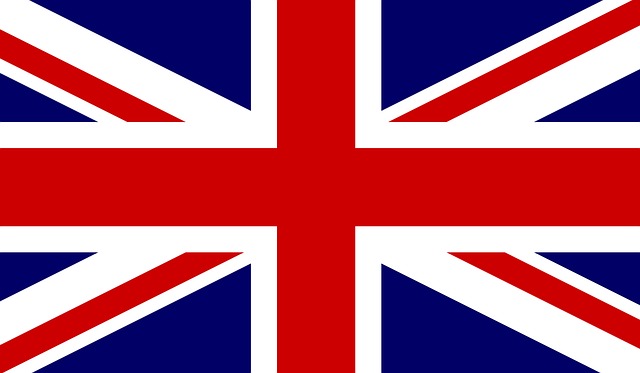Forum Categories › VAT REGISTRATION › Two businesses – Are they separate for VAT › Reply To: Two businesses – Are they separate for VAT
HMRC understand there are many businesses that are artificially split to avoid VAT and hence will consider this to be a single business if the two businesses have “Financial, economic and organisational”links which is base on the legislation (VATA 1994, Sch 1, para 1A; FA 1997, s 31) which states the following:
“1A(1) – Paragraph 2 below is for the purpose of preventing the maintenance or creation of any artificial separation of business activities carried on by two or more persons from resulting in an avoidance of VAT.
2 – In determining for the purposes of subparagraph 1A above whether any separation of business activities is artificial, regard shall be had to the extent to which the different persons carrying on those activities are closely bound to one another by financial, economic or organisational links.”
For further details on what these links mean you can check on the legislation above but in simple language:
(i) Financial links – one business should not be providing financial support to the other business or have common financial interests.
(ii) Economic links means the businesses should not service same customers or have same economic objectives nor should the activities benefit each other.
(iii) Organisational links – the businesses should not use the same equipment, employees, management, premises etc.
If your business have these links, HRMC may issue the following based on the above anti-avoidance measure:
(a) A direction- accept two businesses but from now on both under one VAT account. No retrospective VAT
(b) Alternative – Retrospective VAT registration and concludes business should have always operated as one;you will then be required to pay penalties and interest etc for unpaid VAT.
Recommendation
Clarify HMRC’s view if your business have significant links,try to separate business as much as you can if you do not want to be caught with this anti-avoidance legislation, or if issued with a directive you can appeal- remember HMRC is not always right through one can only be successful if HMRC is unreasonable with respect to these kind of cases etc
Food for thought!
A recent case relating to Mr & Mrs Belcher who traded as a barber shop from 1991 and his wife as a ladies hairdresser from 1997 to 2005 using the same premises , banking the sales in one account, both businesses were included as one in a partnership return, with both spouses named as partners. HMRC’s viewpoint was the businesses were single entity for VAT and this was supported by aspects on the Belcher’s businesses. However couple appealed and won the appeal based on:
The judge found the following facts:
– Separate Cash flow: businesses paid for cash expenses separately from their respective tills;
– Staff Management: hiring and firing was done independently; and
– No Partnership:Though partnership returns were files, the key point was that there had been ‘no conscious intention to run a single business in partnership’
Many tax advisers were surprised with the decision of the appeal. However the case still illustrates that separate entities need to take into account all factors to create independent businesses, and commercial reality must clearly indicate that separate entities are in place. Any transgressions will result in HMRC almost certainly challenging the separation, either from a current date or, in some cases, retrospectively.
